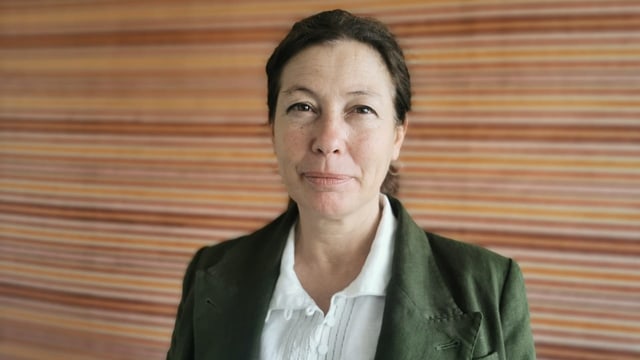Contents
Two candidates, two models for Argentina. Many voters ask themselves: Who is the lesser evil?
Nerves are on edge in Argentina. There is discussion everywhere – and often in a heated manner: on the street, in the subway, among friends. What kind of country does Argentina want to be? One with a strong state and a publicly financed education and health system? This is what Sergio Massa, the incumbent economics and finance minister in the center-left government, stands for. He celebrated his campaign conclusion in a public secondary school.
Or will Argentina dare to undertake the radical change proposed by the libertarian Javier Milei? He was celebrated at his last election rally in the megacity of Córdoba. For his fans he is “el león”, the lion who wants to transform the country. Milei wants to abolish the central bank and introduce the dollar as a means of payment. The market should regulate everything, including educational opportunities and healthcare.
Milei puts the crimes of the last military dictatorship into perspective
Milei’s suggestions were rejected by the members of the tenants’ association. They ask themselves: Will they still be able to pay for their apartments if Milei wins the elections? Association president Gervasio Muñoz fears that the self-proclaimed “anarcho-capitalist” could deregulate the rental market by decree.
“We are already observing short-term rental contracts for six or twelve months as well as exorbitant prices,” says Muñoz. “That could then become legal. We also find it unacceptable that Milei and his candidate for vice-presidency are putting the crimes of the last military dictatorship into perspective.”
“What’s the problem if the market regulates things?” asks Héctor Espinoza, a qualified economist and owner of a drinks market in a poor district. Like Milei, he sees Argentina’s bloated state apparatus as the biggest problem: “Wherever the state is present, things go wrong. Most state-owned companies are loss-making.”
There can be no “business as usual”. “We have inflation of 142 percent per year. The peso is constantly losing value. We need a change – and this change is called Milei,” says Espinoza. Milei has many followers in low-income sections of society. Many believe that the situation cannot get any worse than it is now.
If Milei suddenly opens the borders to imports, thousands of companies will close. That would trigger a social crisis.
That’s not true, says Daniel Rosato, head of the Association of Small and Medium-sized Industrial Enterprises: “If Milei suddenly opens the borders to imports, thousands of companies will close. That would trigger a social crisis.” He can understand that the employees at his paper factory are angry because their salaries barely last until the end of the month.
Nevertheless, he recently asked them not to decide out of anger, but to analyze: What do the candidates stand for? «Milei advocates privatization. Most of the workers send their children to public schools,” explains Rosato. Shift manager Alicia Alvarez says the conversation with the boss made her think: “Many of us have a great desire to punish the current government. But we have to think about what this means for Argentina.”
